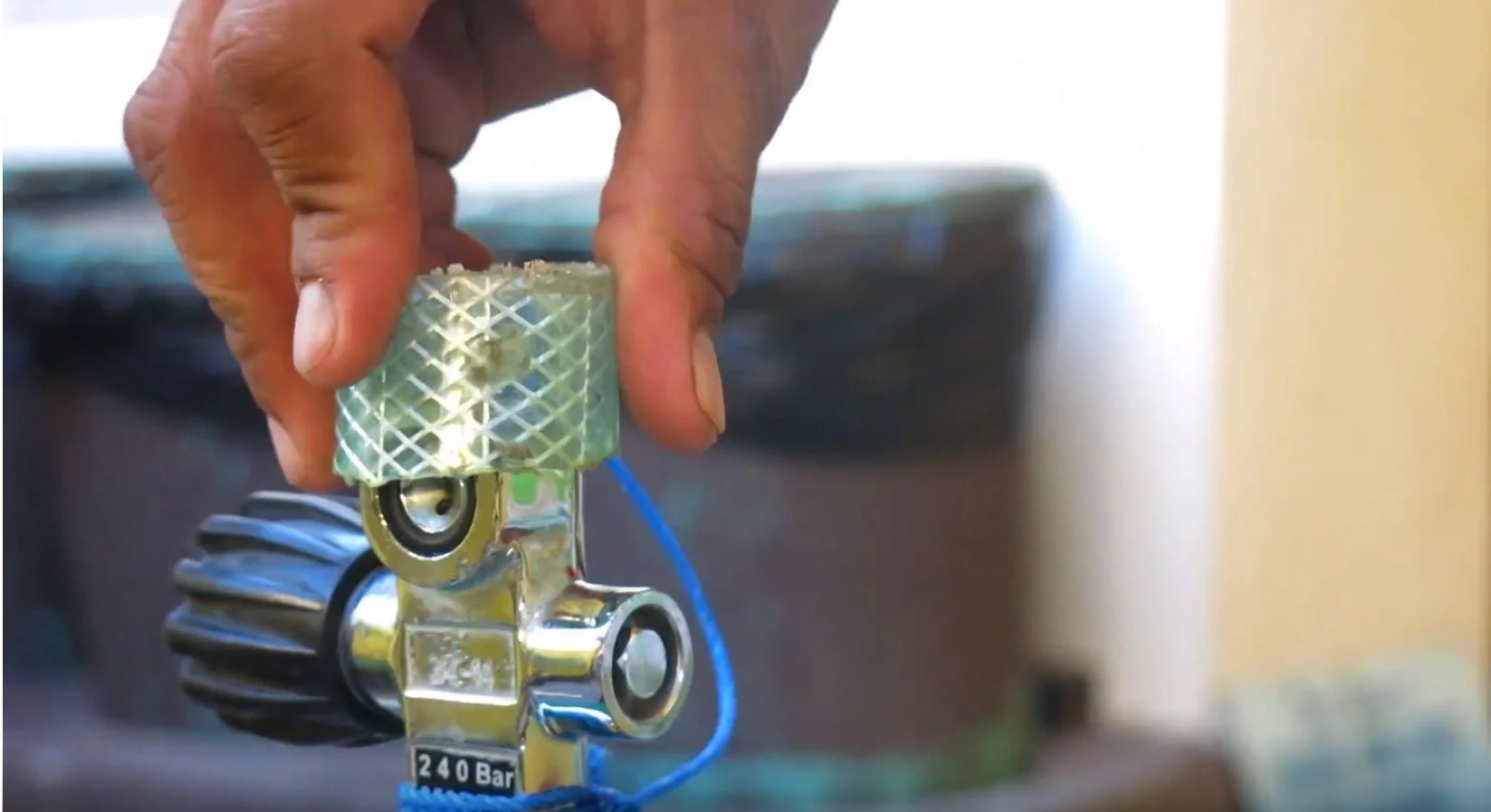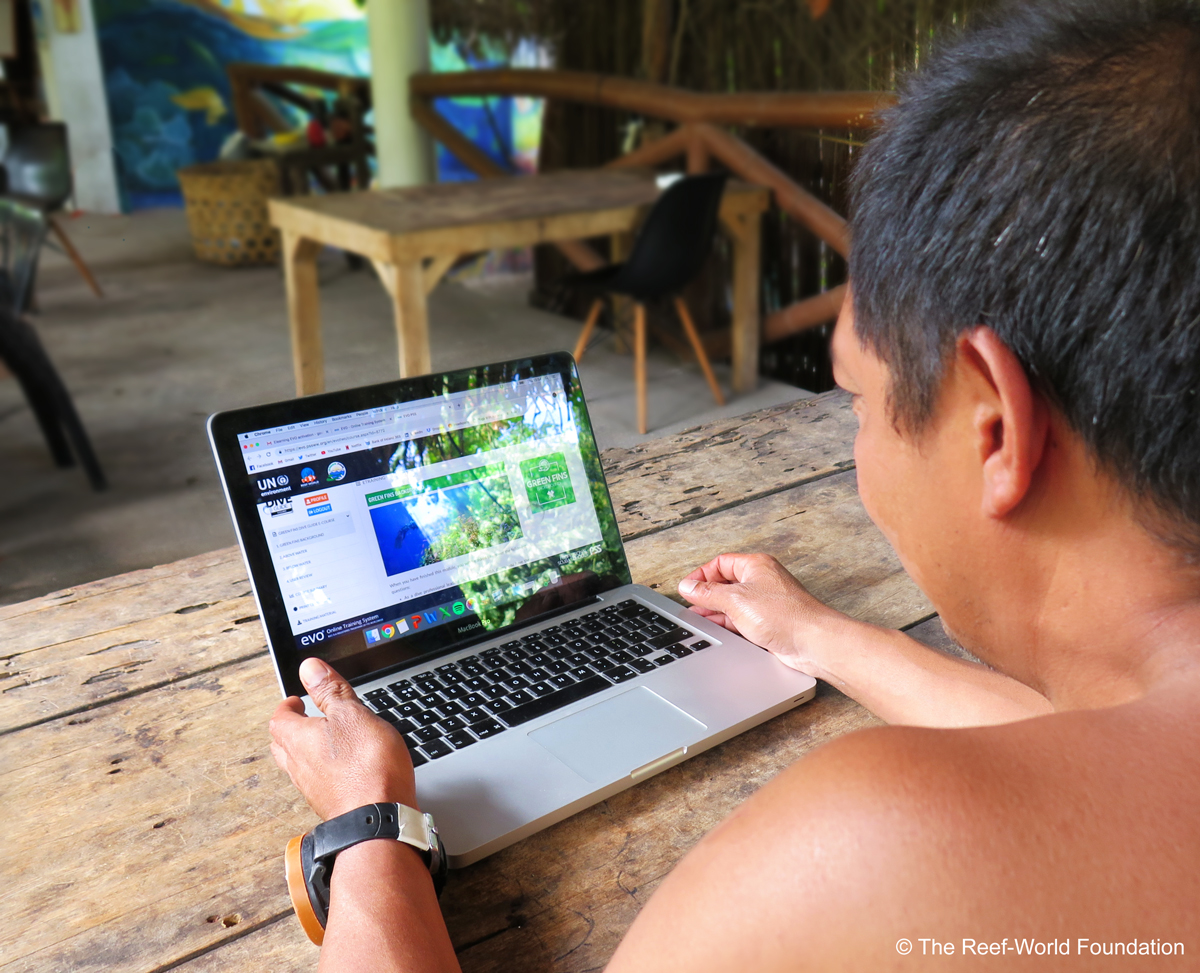It’s no secret that plastic pollution and marine debris is a huge problem threatening the health of our oceans. That’s why PADI is involved in an industry-wide initiative called Mission 2020, which aims to inspire dive-related businesses and charities to commit to reducing their plastic use.
PADI has pledged to lessen its dependency on packaging to minimise the plastic footprint of hundreds of thousands of divers each year. But what can you do as a dive operator to reduce plastic pollution and marine litter?
Here are a few top tips from the team at The Reef-World Foundation (international co-ordinators of Green Fins) to help you play your part in preserving the oceans you enjoy diving in and for future generations:
1. Organise Underwater Clean-ups
Marine litter is a huge problem but dive operators can lessen its impact not only by refusing single-use items, reducing waste and recycling but also by picking up trash they find underwater or even organising underwater clean-up events.
It’s important to avoid damaging the environment in the process of removing any marine debris so make sure your divers maintain good buoyancy, watch their fins, make sure they don’t have any gauges trailing that might touch or damage the reef and don’t touch anything that isn’t trash. Have them work slowly and carefully as a buddy team with one person holding the trash bag and the other wearing gloves and collecting the trash. Divers will need to adjust their buoyancy throughout the dive - remember, as they pick up more rubbish, they are going to get heavier! It’s also a good idea to record data about the trash you collect. You can find a handy guide to organising underwater clean-ups here.
2. Ditch the Masking Tape
Reusable tank caps are easy to make!
Using masking tape to indicate a full tank is a common practice in many dive schools. But have you ever thought about what happens to that tape once it’s been torn off the tank neck? Tape can easily become marine debris by blowing into the ocean. Why not make permanent, reusable caps for your scuba tanks? It’s really simple - all you need is some plastic hosing and good quality rope.
3. Think About Lunches
We all know diving makes you hungry - and there’s nothing like providing some tasty snacks for your guest’s surface interval. But have you ever considered how your a quick bite might affect the ocean? Plastic-wrapped sweeties and refreshments served in disposable containers all add to the plastic problem. But it needn’t be that way - clients will appreciate your efforts to preserve the marine environment by serving fresh fruit, coconut pieces and snacks in reusable lunch boxes!
4. Bin It!
As well as reducing your waste, it’s important to make sure any trash that’s created during diving trips is disposed of responsibly. Make sure your dive shops and boats have adequate ashtrays and appropriately sized bins (with lids - the bin is no use if the trash is still swept into the ocean by the wind!) and, wherever possible, separate and recycle your rubbish.
5. Adopt the Green Fins Code of Conduct or Become a Member
Green Fins is a global initiative, coordinated internationally by The Reef-World Foundation in partnership with the UN Environment, which protects coral reefs by ensuring environmentally friendly diving and snorkelling practices.
Dive and snorkel centres operating in active Green Fins locations can apply for membership by signing the membership form and pledging to follow the 15 environmental practices of the Green Fins Code of Conduct. Active members will then be trained, assessed and certified annually and provided with all the resources they need to reduce their environmental impact. If Green Fins is not available in your area, adopt the Code of Conduct voluntarily.
Individual dive guides can also become Green Fins certified by completing the Green Fins Dive Guide e-Course - whether or not their dive shop is a member.
Divers themselves can choose to book with Green Fins members as well as donating to support the development and implementation of Green Fins’ work to make coral reefs more resilient when faced with greater threats such as climate change.
6. Make a Mission 2020 Pledge
Changing your business practices to reduce plastics is not just good for the ocean; divers care about the ocean and look for businesses who are making strides to protect marine life. So, better environmental practices will lead to increased customer loyalty, higher rates of return customers and great online reviews (which, in turn, attract more business). If you run a diver operator and are inspired to help improve the health of our oceans by reducing your plastic consumption, make a pledge to support Mission 2020.
Green Fins members are committed to protecting the marine environment by following these guidelines:





